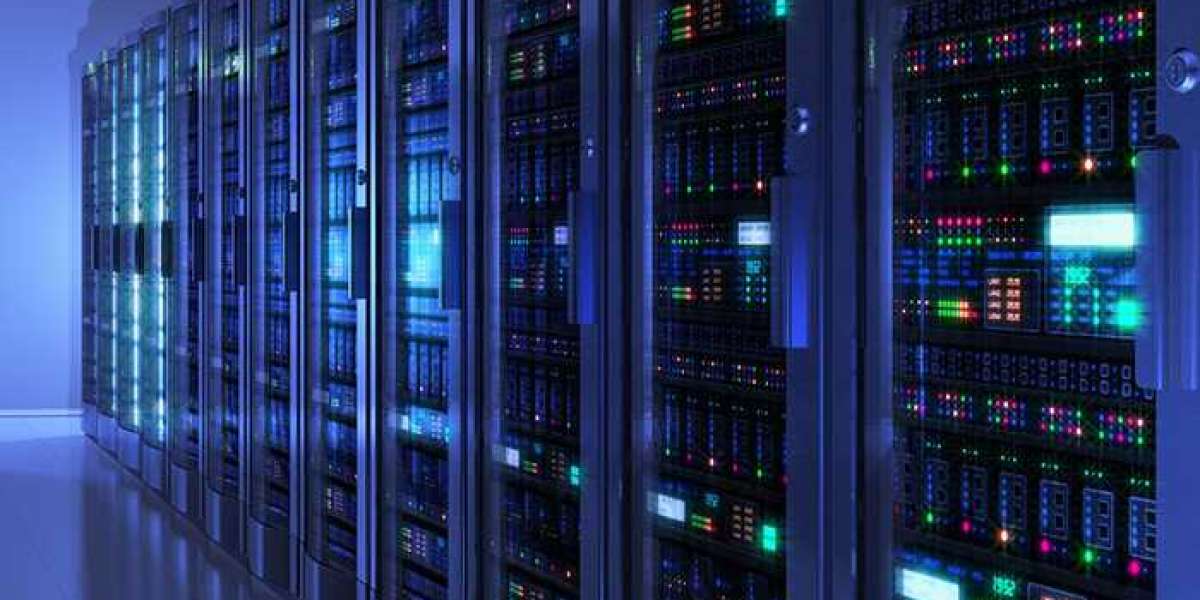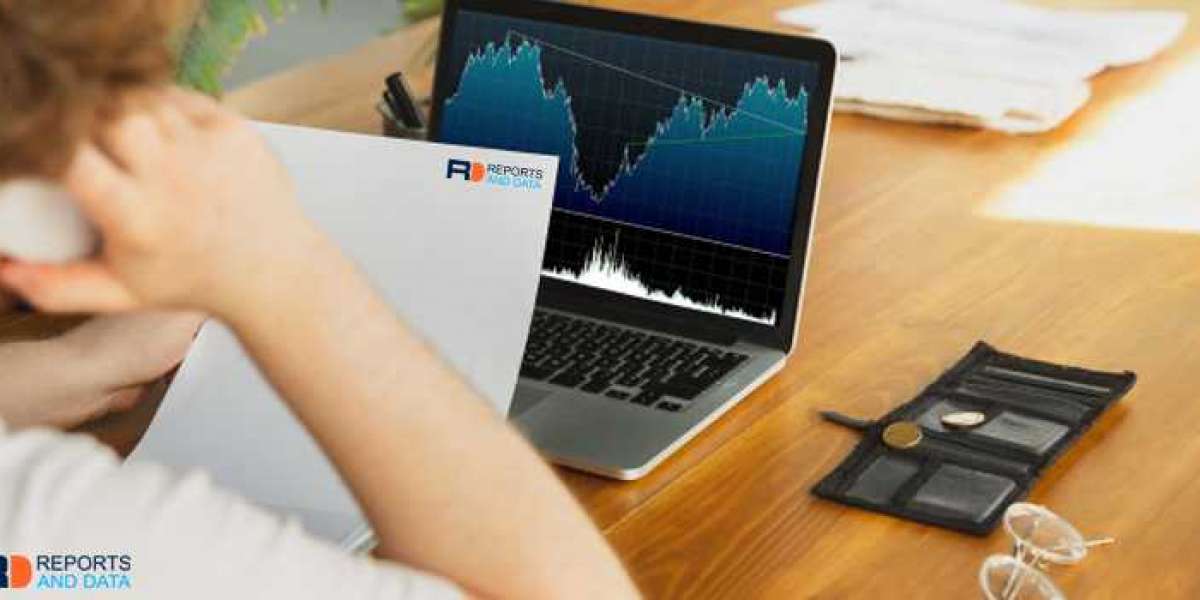A reliable and efficient database server is essential for managing and storing data effectively. Whether you're running a small business or managing a large enterprise, selecting the right server for your database needs is crucial. In this article, we will explore the key considerations when choosing a database server and provide insights on where to order them.
Performance and Scalability:
Database servers should be able to handle the workload efficiently and provide optimal performance. Consider the processing power of the server's CPU, the amount of RAM available, and the speed and capacity of the storage drives. Look for servers with multiple CPU cores, ample RAM, and fast solid-state drives (SSDs) to ensure smooth data processing and quick response times. Additionally, consider the server's scalability options to accommodate future growth in data and user demands.
Reliability and Data Integrity:
Data integrity is critical when it comes to databases. Look for servers that offer redundancy features such as RAID configurations and backup power supplies. Redundancy helps ensure data availability and protection in the event of hardware failures. Additionally, consider the server's fault tolerance capabilities, such as hot-swappable components and data replication options.
Storage Capacity:
Evaluate your database size and projected growth to determine the appropriate storage capacity for your server. Consider both the capacity and scalability options of the server's storage drives. Depending on your needs, choose between traditional hard disk drives (HDDs) for cost-effective storage or solid-state drives (SSDs) for faster data access and improved performance.
Compatibility and Database Management System (DBMS) Support:
Consider the compatibility of the server with your preferred database management system (DBMS). The DBMS you choose, such as MySQL, PostgreSQL, or Microsoft SQL Server, should be fully supported by the server's hardware and software. Ensure that the server meets the system requirements of your chosen DBMS and that the server vendor provides appropriate drivers and software support.
Security Measures:
Database servers online servers for you contain sensitive and valuable data, making security a top priority. Look for servers with robust security features, including firewalls, encryption capabilities, user authentication mechanisms, and audit logging. Regular security updates and patches are also crucial to address any vulnerabilities promptly.
Technical Support and Vendor Reputation:
Consider the level of technical support offered by the server vendor. Look for vendors that provide timely and knowledgeable support through multiple channels, such as phone, email, or live chat. Research the reputation of the vendor in terms of customer satisfaction, product reliability, and ongoing support.
In conclusion, selecting the right database server requires careful consideration of performance, scalability, reliability, compatibility, security, and vendor support. Assess your specific database requirements and growth projections before making a decision. Research reputable server vendors, technology



